Morocco holidays
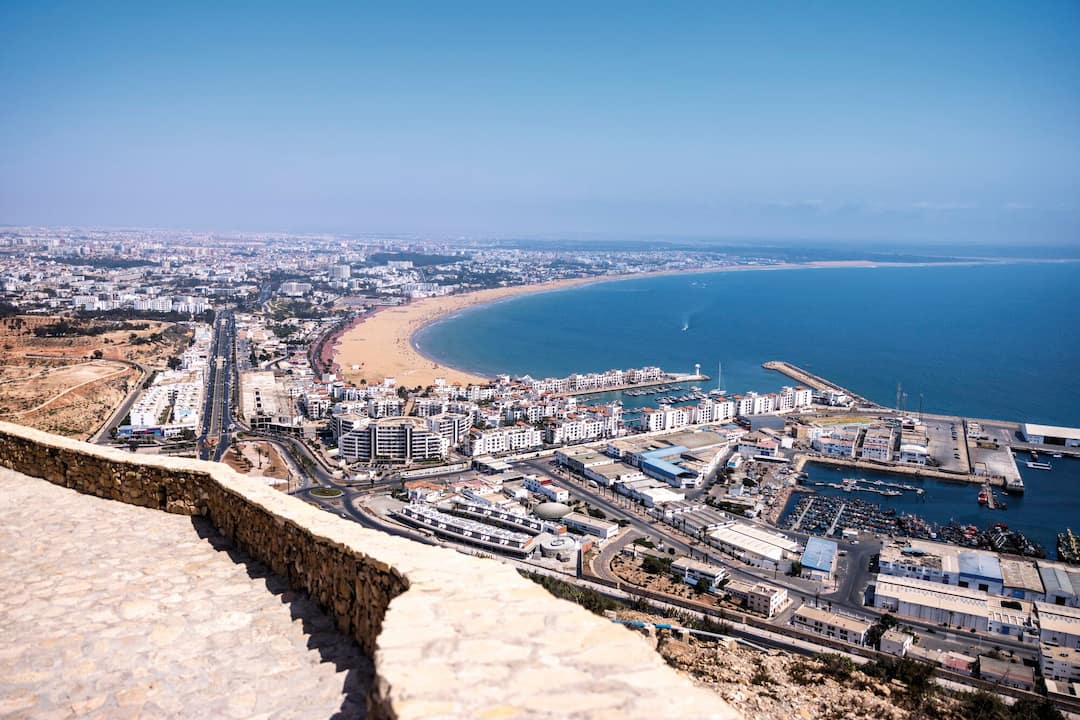;img.crop(width:1080%2Cheight:608))
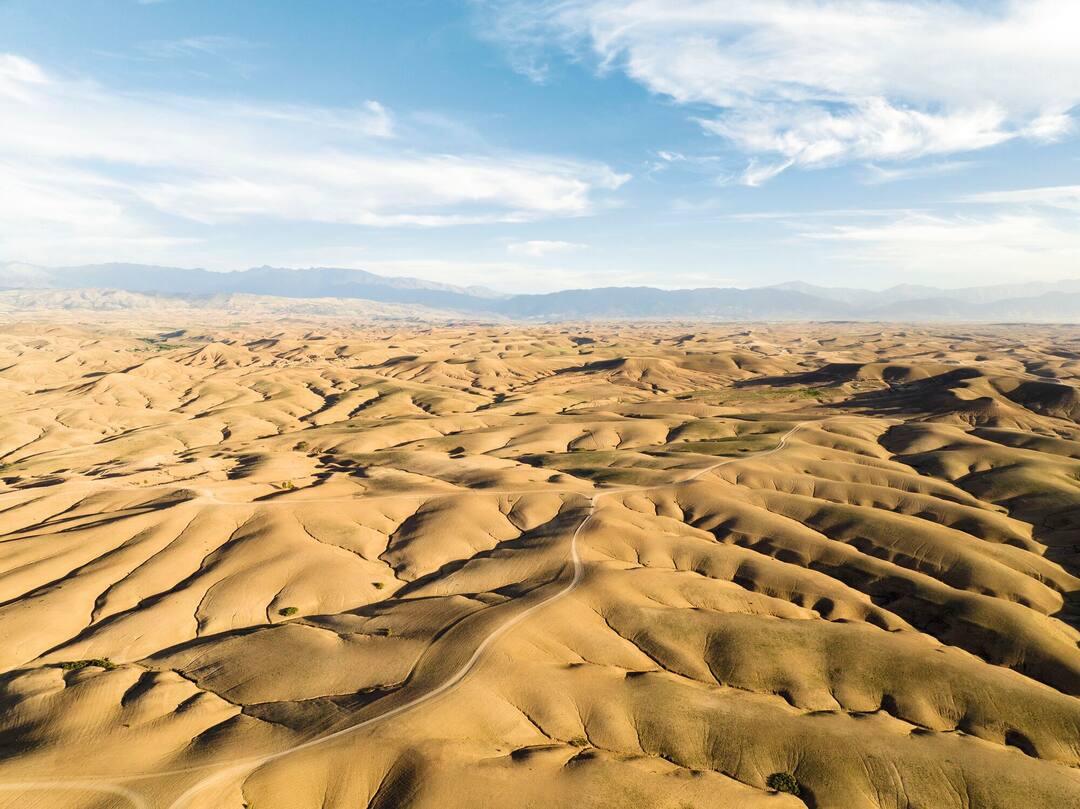;img.crop(width:1080%2Cheight:608))
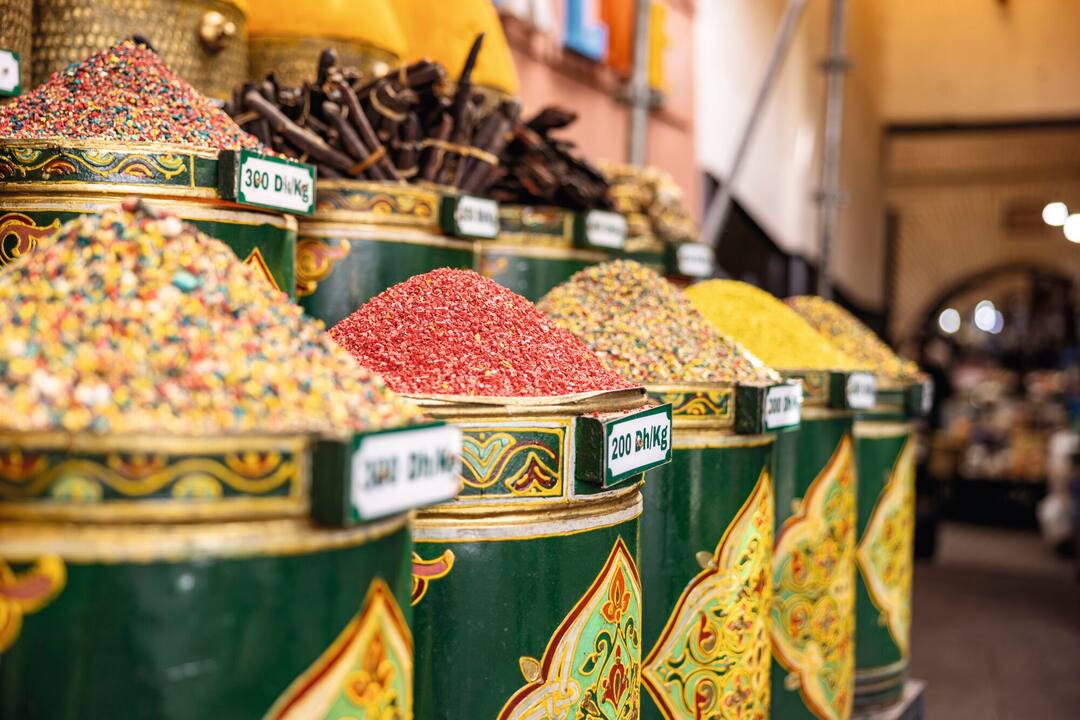;img.crop(width:1080%2Cheight:608))
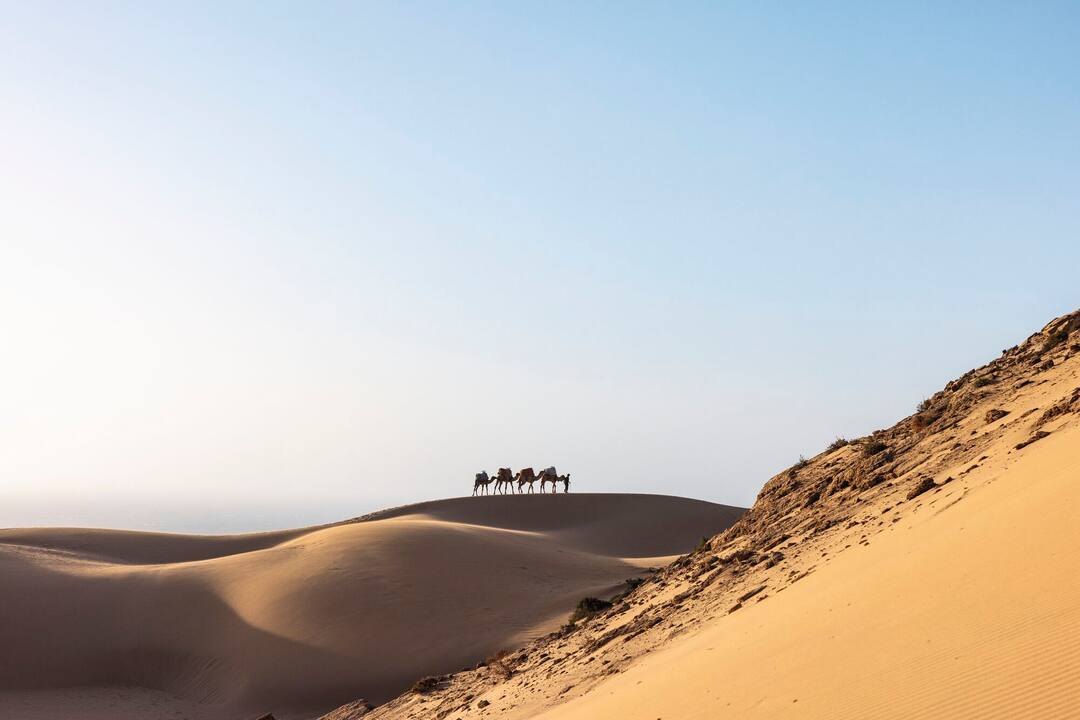;img.crop(width:1080%2Cheight:608))
;img.crop(width:1080%2Cheight:608))
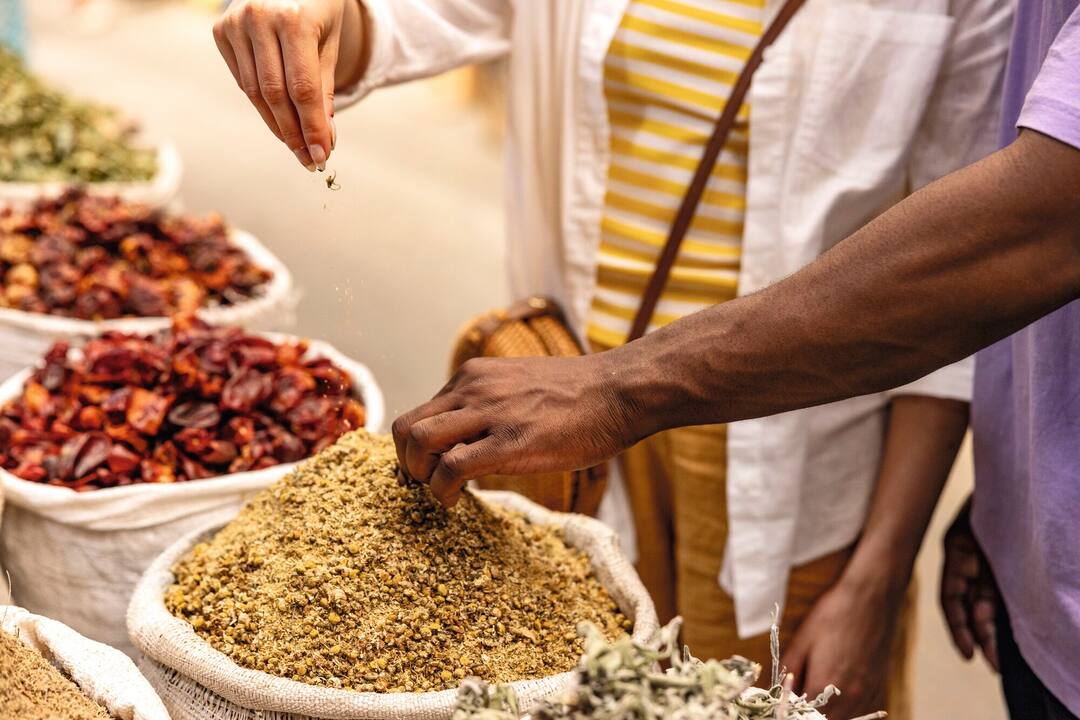;img.crop(width:1080%2Cheight:608)&fit=thumb&w=782&h=394&q=70&fm=jpg)
Offering a scenic coastline and one of Africa's most sought-after cities, holidays to Morocco give Europe's top tourist destinations a run for their money.
A break from the norm
Morocco’s introduction to the mainstream holiday market in the late Nineties added a new genre to the library of world travel. Suddenly, holidays were scented with spice rather than suncream, and the soundtrack of waves was remixed with calls to prayer. Our holidays take you to the Atlantic coast, as well as blush-coloured Marrakech and the Atlas Mountains. July and August are peak season for the locals, so you can expect hotels to be busy with a mix of tourists during the summer.
Agadir and Taghazout
Today, more than 13 million tourists come to the country every year in search of a beach break with a twist. Most people choose Agadir as their base, and for good reason. The stretch of coast here unravels for six miles and basks in 300 days of sunshine a year. Drive 30 minutes north, meanwhile, and you’ll find yourself on the quieter sands of Taghazout. This up-and-coming fishing village is a magnet for surfers and offers an authentic taste of laidback Moroccan life.
Marrakech
Head a little further north from the mountains, meanwhile and you’ll reach Marrakech. Lively is a word that best describes this historic city, which pulses with the energy of its souks, sights and sounds. Take a stroll through the Red City’s higgledy-piggledy streets and you’ll find ornate gardens, monumental palaces and lively bazaars. The market place at Jemaa el-Fna square is the city’s most famous, and at night it comes alive with snake charmers, belly dancers and the flavours of Morocco’s favourite street foods.
Popular hotels in Morocco
Facts about Morocco
FAQs
Where can I find the latest travel advice?
All your questions about entry requirements, visas, passports or health information are answered on our Travel Advice page.
Are there any local customs I should know about in Morocco?
When exploring markets or traditional areas in Morocco, dressing modestly helps you feel comfortable and shows respect for local customs. During Ramadan, many restaurants adjust their hours as locals fast during daylight. Hospitality is central to Moroccan culture, so you might be offered a refreshing glass of mint tea as a warm welcome.
What travel adapter do I need for Morocco?
Morocco uses Type C and Type E sockets, both with two round pins. Bring a European-style adapter for your UK devices. These adapters are widely available and will ensure you can use your electronics throughout your stay.
What should I pack for Morocco?
For Morocco, pack lightweight, breathable clothing for warm days and layers for cool evenings. Bring comfortable walking shoes, a sun hat, and high-SPF sunscreen. We recommend a modest outfit for religious sites, a day bag for exploring, and any necessary medications.
What are the best beaches in Morocco?
Morocco offers diverse coastal experiences. Agadir boasts a long, sandy beach with resort facilities. Essaouira is known for its windswept shores, popular with water sports enthusiasts. Legzira Beach near Sidi Ifni features stunning red cliffs and natural stone arches.
Where are the best places to shop in Morocco?
Morocco offers diverse shopping experiences. Medinas in cities like Marrakech and Fez feature traditional souks selling carpets, spices, and leather goods. Modern malls in Casablanca and Rabat provide international brands. For authentic souvenirs, look for argan oil products and handcrafted ceramics near your resort.
What's the nightlife like in Morocco?
Nightlife in Morocco varies by location. Major cities like Marrakech offer a mix of traditional and modern entertainment. Many resorts host evening shows and have bars or lounges. For an authentic experience, visit a riad for dinner and live music.
Where can I try local food in Morocco?
Traditional Moroccan cuisine is readily available in resort restaurants and nearby local eateries. Many TUI resorts offer authentic tagines and couscous dishes. For a more immersive experience, ask your resort's concierge about recommended restaurants in the vicinity that serve traditional Moroccan meals.
Should I tip in Morocco?
Tipping is customary in Morocco and always appreciated. In restaurants, we recommend adding 10% if service charge isn't included, and small tips in Moroccan dirhams work well for hotel staff and taxi drivers. Be aware that in some tourist areas, locals may offer help and expect a tip in return.
What should I wear in Morocco?
In Morocco, wear modest, loose-fitting clothing that covers your shoulders and knees, especially in conservative areas and religious sites. Choose light fabrics like cotton or linen for the warm climate. Women should bring a lightweight scarf for additional coverage when needed.
Ready to start searching for your trip to Morocco?
Take a look at our best deals, add handy holiday extras, or keep looking for travel inspiration.

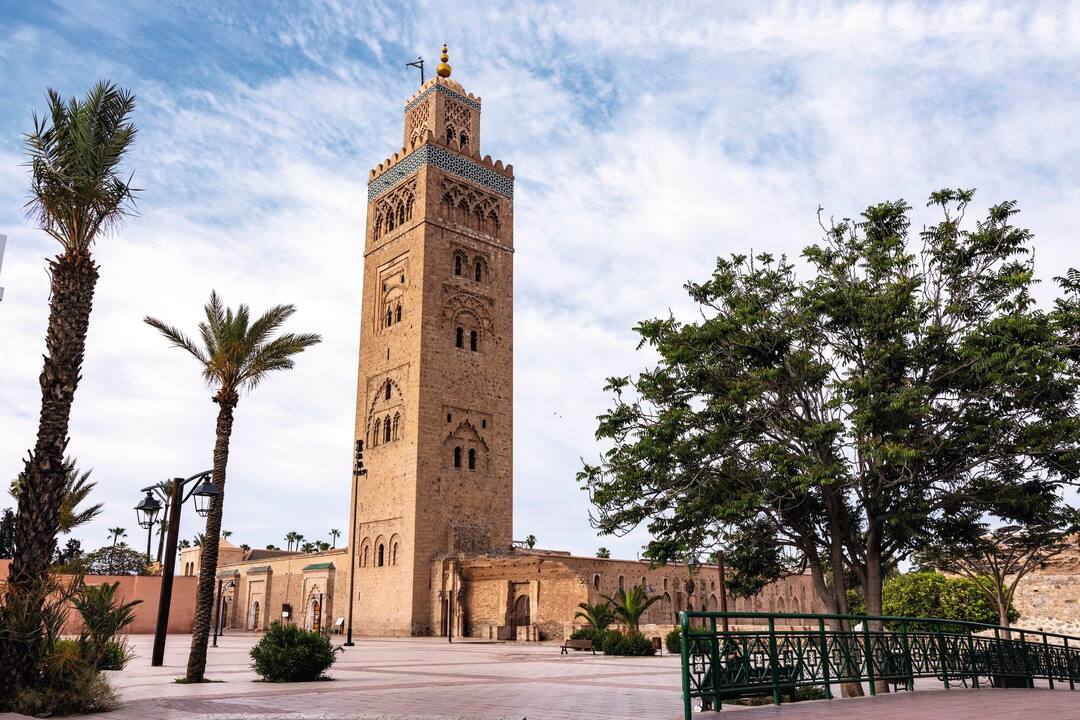;img.crop(width:1080%2Cheight:608))
;img.crop(width:1080%2Cheight:608))
;img.crop(width:1080%2Cheight:608))
;img.crop(width:1080%2Cheight:608))
;img.crop(width:1080%2Cheight:608))
;img.crop(width:1080%2Cheight:608))
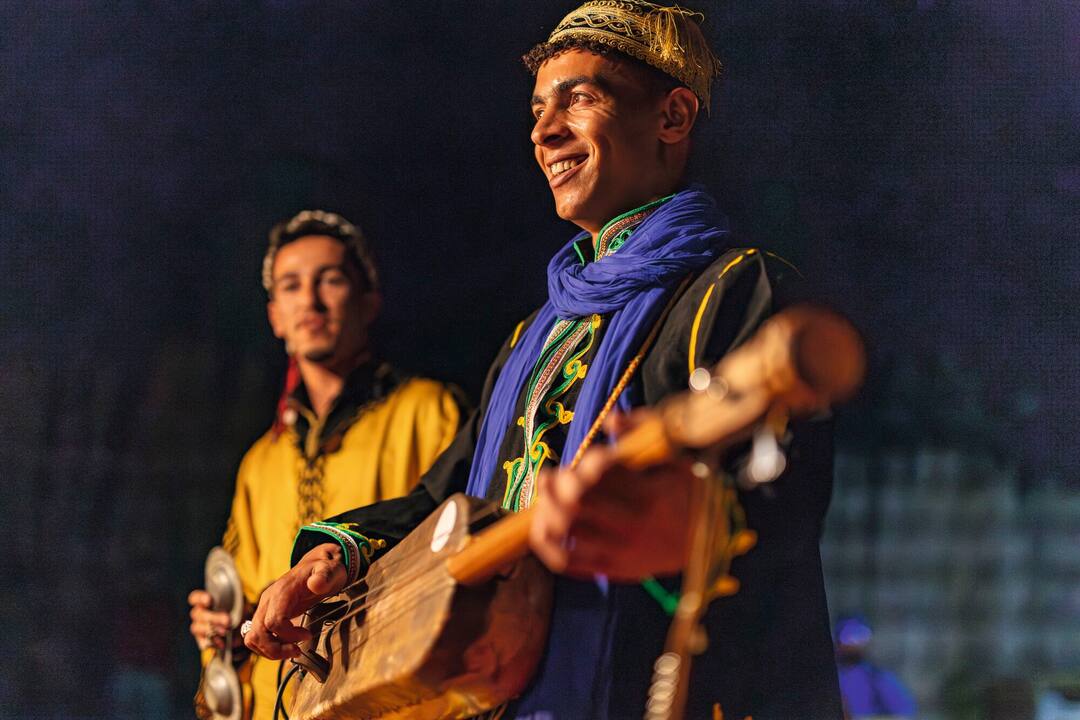;img.crop(width:1080%2Cheight:608))
;img.crop(width:1080%2Cheight:608))
